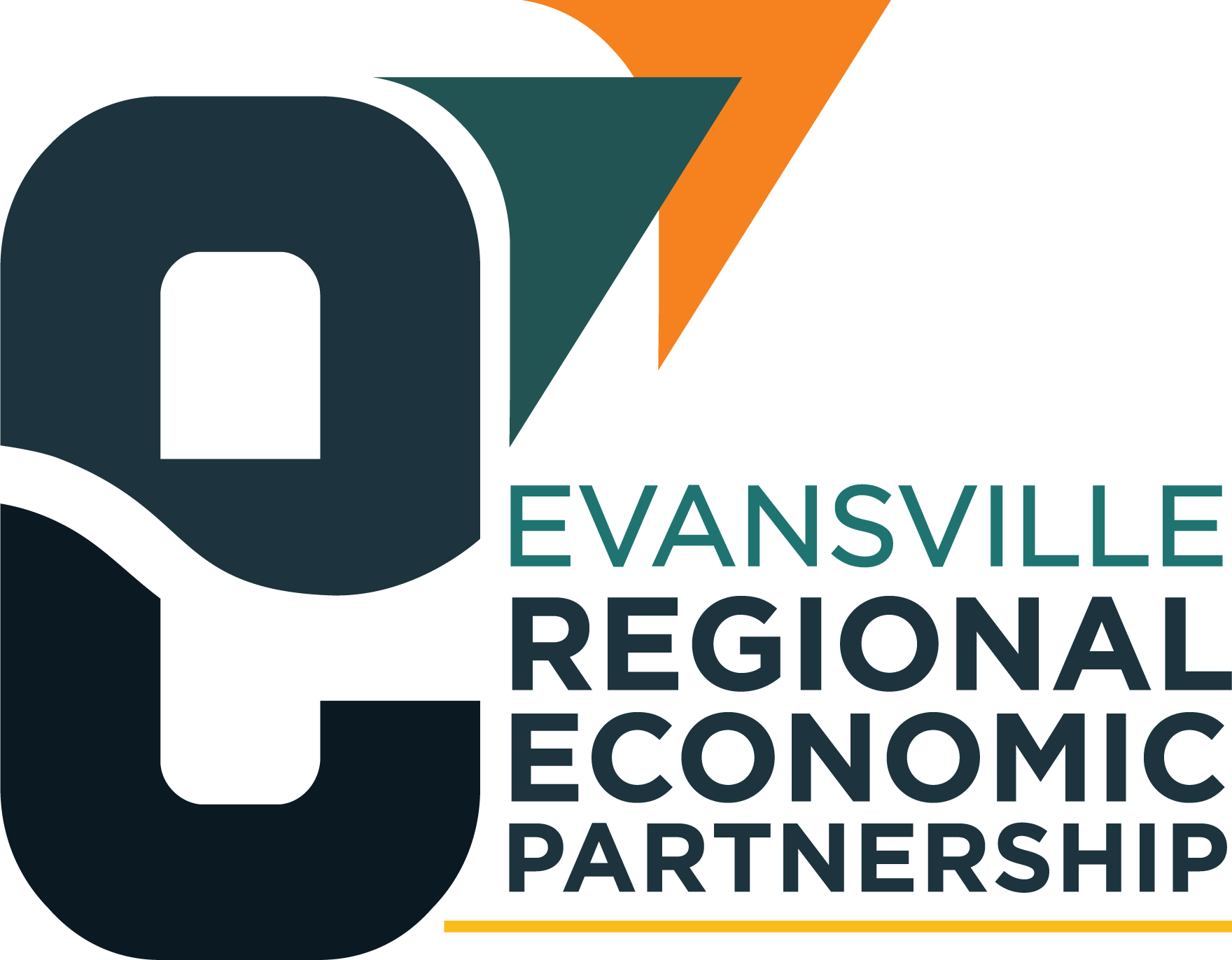DEI Toolkit
DEI Training & Awareness
WHY IS DEI TRAINING IMPORTANT?
Simply put, reinforcing robust DEI programs helps every employee to show up each day without fear of being their true selves. This fosters higher degrees of engagement, productivity, and innovation that contribute to increased revenue.
Training helps employees become more aware of unconscious bias and other barriers to diversity and inclusion, and motivates positive behaviors and attitudes – essential for creating and maintaining a respectful, inclusive workplace.
The most effective way to incorporate training into your DEI strategy is to implement it on an ongoing basis. One-time training opportunities don’t show the positive impact that business leaders aim for.
Listed are direct links for training offered:
ESSEC Business School – Diversity and Inclusion in the Workplace
*The Microsoft and Kirwan Institute trainings are short and appropriate for most workplaces.
Microsoft – Unconscious Bias
This self-paced training is designed for both managers and employees. It is an overview course, not an advanced or skills-focused training. It is focused on beginning to understand unconscious bias and learn how to acknowledge and appreciate differences in colleagues. It also contains information about the return on investment in diverse teams. This training on unconscious bias has one hour of well-developed content and could be enhanced by adding small group discussions on the 8 scenarios. The groups could be mixed, including both managers and other employees.
The training starts by exploring bias in general—beyond race—focusing on gender, communication, personal styles, etc. It includes a mix of videos, self-tests, and reflection questions. The content includes definitions of unconscious bias and affinity bias (preferring people like ourselves), how biases form, invitation to change through active reflection and practice, best practices to reframe one’s thinking, and recognizing micro-behaviors such as facial expressions, body language, voice inflections, strong reactions, etc.
ESSEC Business School – Diversity and Inclusion in the Workplace
This free course is geared toward managers who are beginning their journey toward greater diversity, equity, and inclusion (DEI) in the workplace. It will take approximately 9 hours to complete. The course requires 2 multiple choice quizzes which can be retaken, 2 written assignments of 100-500 words which are graded by peers, and evaluation of same assignments submitted by peers. (There is a certificate available for a modest fee.)
Early sections of the course help learners understand the benefits of DEI to the business itself. The course also helps learners understand how we as humans think about differences, membership in groups, and accommodating others. DEI is described as a positive, disrupting force that can lead to innovation. There are case studies of companies that embrace DEI and see tangible company performance benefits. (This course has a global perspective and addresses diversity concerns that may seem particular to countries other than the U.S., although significant analogies are apparent.)
Think Positively
Think Positively provides trainings for all types of employers, and their How to Reverse Racism Holistic Training specifically focuses on how organizations can move beyond being “not racist” to “anti-racist.” Led by Dr. Bryan K. Hotchkins and Dr. Nedra L. Hotchkins, this training is data-driven and honed by years of expertise. The training looks at all levels of racism: from individual to structural. To participate in the training, you can register at the link above.
The Bias-Habit Breaking Intervention
Over the past two decades, Dr. Devine and Dr. Cox have researched and honed successful bias-breaking training strategies. Their approach is backed by their own longitudinal research, as well as the body of literature on the subject. This style of training focuses first on identifying bias as a habit—a habit that can be changed, and then providing trainees with the tools to combat their individual biases. To request a training, you can use the link above. Their work is featured in this article in The Atlantic:
https://www.theatlantic.com/science/archive/2017/05/unconscious-bias-training/525405/.
Race Forward
Race Forward assists organizations in developing sustainable and equitable workplaces. They offer a two-sequence racial justice training course. These trainings focus on confronting institutional racism. The second training focuses on building skills and practices that go beyond surface knowledge.
